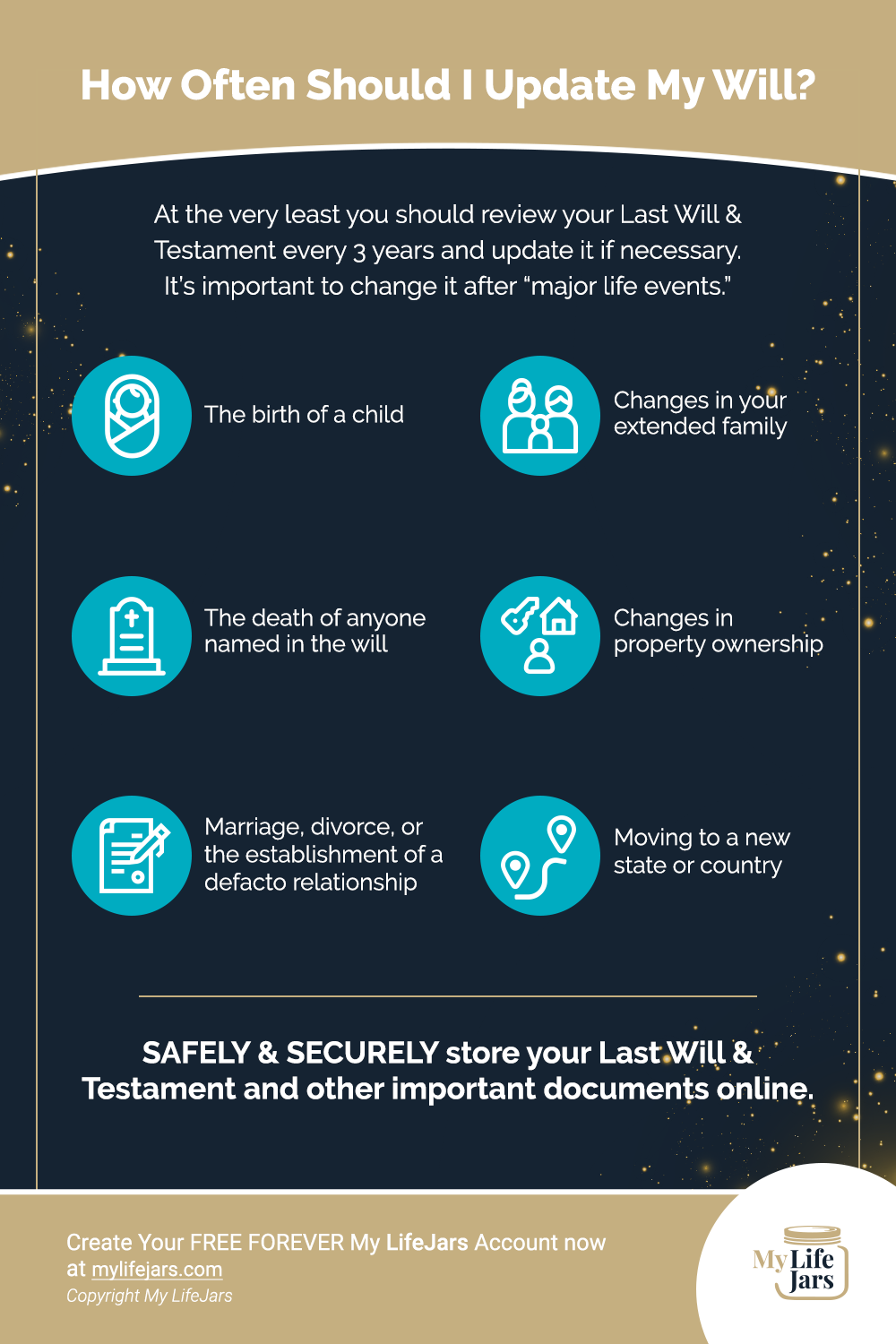EVERYTHING You Need to Know About Creating Your Last Will & Testament
If you’re like most people, thinking about any instance where you'll need a last will and testament is not on the top of your mind. We totally understand! It's not something we like to think about either!
But... it’s better to be prepared than leave your loved ones guessing what you wanted to happen after your death.
Why Do I Need a Last Will and Testament?
Help your family avoid wasting lots of time and money sorting everything out. Even worse, many families end up arguing or in bitter dispute and taking legal action against each other.
What is a Last Will and Testament?
If you don’t already have a last will and testament, it’s critical that you draft one. This legal document records what your wishes are when you die. It outlines who you want to get your assets after you’re gone and how your property should be managed. If you have children and pets, your will addresses who will take care of them.

Preparing for Tomorrow
At any age, it’s important to make sure you have everything in order to protect yourself and your family. If something should happen to you unexpectedly, you want to know you have nothing to worry about. Peace of mind is a great thing to have, especially when it comes to your family’s future, and you don’t want to put an unnecessary burden on them.
Do I Need a Last Will and Testament?
If you answer “yes” to any of these questions, you should strongly consider setting up your last will and testament as soon as possible...
Even if you don’t consider yourself rich or think you have enough assets to consider drafting a will, you should make sure your assets go to the right people. Don’t you want to make sure your children and pets get the same care you give them?
What Happens if I Don’t Have a Last Will and Testament?
A person who dies without a will is called “intestate.” In these cases, state laws will determine who gets the assets from your estate. It doesn’t matter what you wanted. If you don’t have it written in a will, someone you don’t care about, a person you may have fallen out with, or a distant relative could end up inheriting your assets instead of your loved ones.
Not having a will also means you don’t have an executor and an administrator has to be employed. This can be complex and costly. Furthermore, loved ones may end up paying unnecessary taxes.
How do I Draft My Last Will and Testament?
There are 4 ways to create your last will and testament. It’s up to you which route you take, but here are the basics of how to get started.
Be mindful that the cost of using a lawyer will be far less than future costs of sorting out a poorly written will... Or a will that is challenged and potentially contested in court after your death.
What Exactly Should My Last Will and Testament Include?
As you’re writing your will, you will have to make some important decisions. You shouldn’t rush through it, either. Make sure you carefully consider who will be responsible for executing your will, who will care for your children and pets, and who will inherit your assets.
Here are 6 key pieces to key pieces to keep in mind:
- 1Nominate your Executors - Decide who you want to manage your affairs after your death. Usually, people name just one or two executors in their will. Technically you can name as many executors as you like. Keep in mind, each one needs to sign the document, unless the executor acts for the whole group.
- 2Name your Guardians - Do you have kids? You need to make it clear who will take care of them after you die. Make sure to discuss this with whoever you name as a Guardian, so they are aware of your request and are comfortable with it.
- 3Pick your Carers - If you have pets, you must name who you want to care for them after your death.
- 4Choose Gift Recipients - If you want to leave any money to charities, make sure to include that in your will.
- 5Decide on your Beneficiaries - You must name who gets what in your will. You can also exclude people as well.
- 6Make your funeral/memorial wishes known - Detail what you would like to happen at your funeral/memorial.

PRO TIP:
It’s useful to make a list of all your assets including, property, vehicles, jewelry, art, furniture, bank accounts, shares, trusts, businesses, digital content, etc. before drafting your last will and testament. Securely store your last will and testament digitally in My LifeJars.
What Should NOT be Included in My Last Will & Testament?
Now that you know what to include, here is a list of some things you shouldn’t include:
What Happens to My Debts After I Die?
You might have planned for all of your assets and property to go to loved ones. However, if you have outstanding debts when you die, your beneficiaries might not get anything.
If you’re in debt, your debt can’t be inherited. But, all of your debts must be paid off before any of the beneficiaries named in your last will and testament get what you left them.
How Often Should I Update My Will?
There is no set time you need to update your will, but it’s important to change it after “major life events.”
These events include:
At the very least you should review your will at least every 3 years and update it if necessary.

Legal Requirements for a Valid Last Will and Testament
Your will must meet these three requirements to be valid:

- 1You MUST be of “sound mind” - meaning you understand what you own and who you’re leaving it to.
- 2It MUST be signed by you - if you can’t sign it, you may ask someone else to do it for you when you are present.
- 3You MUST have two witnesses - your will must be signed by two witnesses, and make sure they aren’t beneficiaries named in your will.
If you have assets in more than one country or jurisdiction, you will require multiple wills each in accordance with local laws.
Where Should You Keep Your Last Will and Testament?
You might file your last will and testament at the local courthouse, but make sure you also have a printed copy and that your executors can access it. Make sure you let all of your executors know where and how to access your will.
It’s also a great idea to store your testament and last will online. That’s what My LifeJars is here for, and we would love to help you organize and store securely all your vital documents in one place that can be accessed anywhere, anytime by those you trust.
What are the Benefits of My LifeJars?
My LifeJars makes storing and granting permissions to access your important information including documents, passwords, and access details quick and easy for your executors.
There is a lot to do and it can feel overwhelming, but we are here to help guide your every step of the way.
The My LifeJars app offers the following benefits:
It’s never too early to get started on your last will and testament. Download our checklist to make sure you have everything that needs to be included in your will.




